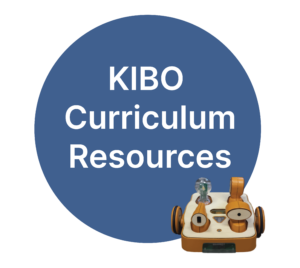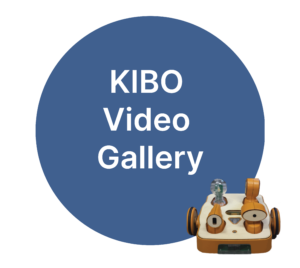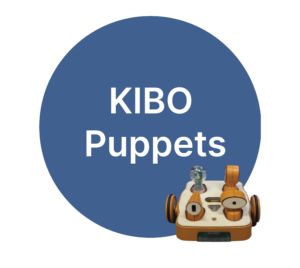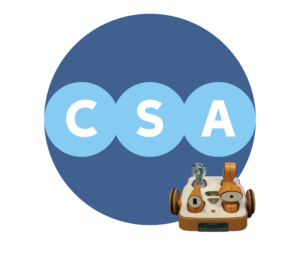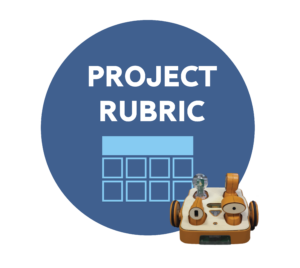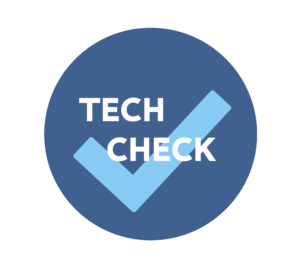A Robotics Kit for Young Children Ages 4-7
Since 2007, through generous funding by the National Science Foundation (NSF Grant No. DRL-1118897, DRL-0735657), the DevTech research group has been researching how to create a developmentally appropriate robotics construction set for children in Pre-K through 2nd grade. Early grants paved the way to developing the KIBO robotics kit, now commercially available through Kinderlab Robotics.
The KIBO kit includes: wheels, motors, light output, a sound recorder, a variety of sensors (Sound, Light, and Distance sensors), as well as art platforms. KIBO is designed to work without any screentime using wooden programming blocks and has been widely researched.
Resources
DevTech has developed a number of curriculum resources and units on a number of topics, all of which are available on our Curricula page.
To see KIBO and our research in action, check out our KIBO Video Gallery!
Get going with the screen-free KIBO robot right out of the box with these video tutorials!
Create your own KIBO puppet with this step by step guide!
Assessments:
The Coding Stages Assessment (CSA) assesses progress in learning the KIBO programming language in the framework of Coding Stages.
The KIBO Project Rubric is an assessment tool for researchers and practitioners to assess the level of complexity exhibited in a KIBO robotics project.
TechCheck is a validated unplugged assessment of Computational Thinking (CT) designed for children grades K-3 (ages 5-9).
To learn more and access all of our Validated Instruments visit our Assessments page!

